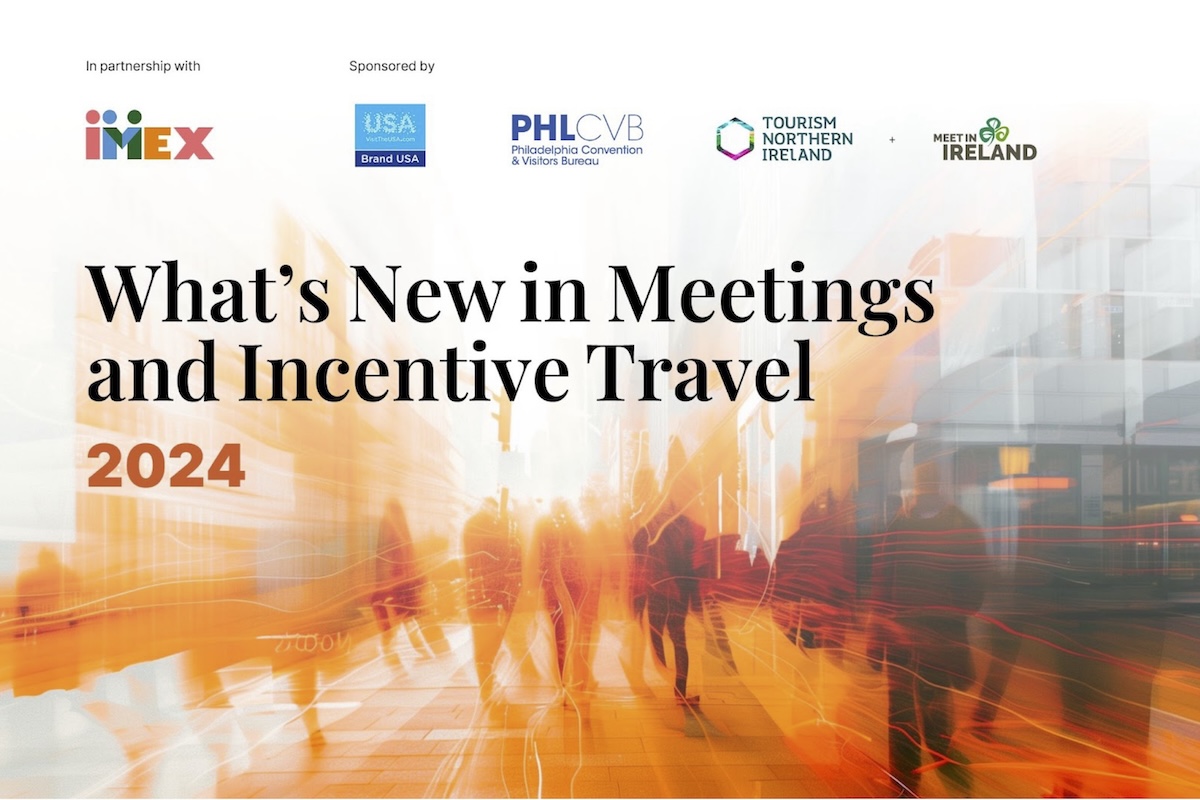Skift Take
A new ruling by the Federal Trade Commission targets scammers seeking to rip off the business events industry, paving the way for direct monetary compensation from bad actors.
The Government and Business Impersonation Rule was recently finalized by the Federal Trade Commission (FTC). The rule protects businesses and government agencies against bad actors that seek to defraud organizations, exhibitors and attendees.
The new rule allows the FTC to file federal court cases aimed at forcing scammers to pay restitution to defrauded businesses. The following are grounds for direct monetary compensation:
- The use business logos when communicating with consumers by mail or online
- Fake business emails and web addresses, including using imposter email addresses or websites that rely on misspellings of a company’s name
- The false implication of business affiliation by using terms that are known to be associated with a business
“The amount of impersonation fraud cases that have been referred to the FTC and number of people identifying that they have been subjects of fraud have spiked dramatically in recent years,” said Exhibitions & Conferences Alliance (ECA) Vice President Tommy Goodwin. “And that has obviously gotten the attention of the Federal Trade Commission whose mission is to protect consumers.”
The process of getting the new rule on the books by the FTC began in December 2021. The new rule will go into effect 30 days after it is published in the Federal Register.
New Rule Combats Common Scams
The new rule will add an additional layer of security against scams that have long plagued the industry. Scammers acting in the guise of clients and vendors will now be subject to the new rule. The rule offers additional protection against predatory conference scams, provided scammers are impersonating businesses or the government. Fake event pages also fall under the purview of the new rule. It applies to any scammers using spoof websites and email addresses. It also applies to scammers using company business logos or claiming affiliation with a specific business.
“For far too long, scammers have preyed on the business events industry with their hotel reservation scams and attendee list sale scams,” said Vinnie Polito, CEO of the Society of Independent Show Organizers (SISO) and ECA co-president. “Now the FTC will have stronger tools to go after those who target our industry, and we strongly encourage the agency to do just that.”
Protecting Your Event from Scammers
When protecting event stakeholders and attendees, performing due diligence is crucial. One database, Beall’s List, is geared toward identifying predatory scientific conferences. It provides ample information to weed out potential bad actors.
Conducting thorough research well ahead of an event is another method of protecting against scammers. Googling the conference, institutions or names of individuals, combined with the terms “scam” or “predatory,” is a good start.
Educating stakeholders and attendees is also an important measure that can be taken to thwart scams. Providing information on red flags to be aware of, including emails or websites with poor spelling and grammar.
A Victory for Events and Meetings
The new rule is a huge victory for the ECA that has worked with its alliance partners, along with numerous other industry leaders that have been advocating for the rules over the last two years.
“We’re going to be monitoring to see how aggressively the FTC and how quickly the FTC begins to bring cases against these scammers in the understanding that you’ll be able to see in real time how they’re thinking about this new rule and how they’re going to enforce it,” Goodwin said.
The ECA and its partners submitted multiple comment letters and testified at an FTC hearing last May. The organization also sent a letter of support to Congress during ECA’s Legislative Action Day 2023. The letter highlighted these issues and was signed by 235 organizations.
“Scammers targeting the business events industry unfairly harm the small businesses, entrepreneurs, exhibitors, and nonprofit organizations that we work tirelessly to support,” said Marsha Flanagan, CEO of the International Association of Exhibitions and Events (IAEE) and ECA co-president in a press release. “That’s why our industry was front and center in advocating for this important new rule, and we comment the FTC for finalizing it with a unanimous vote.”
Up Next for Events and Conventions Advocacy
Beyond the recent achievement, the ECA looks to evoke further change on a legislative level. It was involved in introducing the VISITOR Act to the House of Representatives. This initiative looks to alleviate lengthy wait visa wait times facing foreign visitors to the US.
“While a lot of our international attendees and exhibitors are back, not all of them are, and it takes more than two years right now to get a visa interview appointment in Mexico for a disease visa,” Goodwin explained.
“We’re focused on getting the State Department extra funding to work through those backlogs, but also looking at several pieces of legislation that prevent this issue from being repeated.” ECA’s next Legislative Action Day takes place on May 30 on Capitol Hill. The organization will address the restoration of visa operations among other issues.
Photo credit: Harold Mendoza / Unsplash




